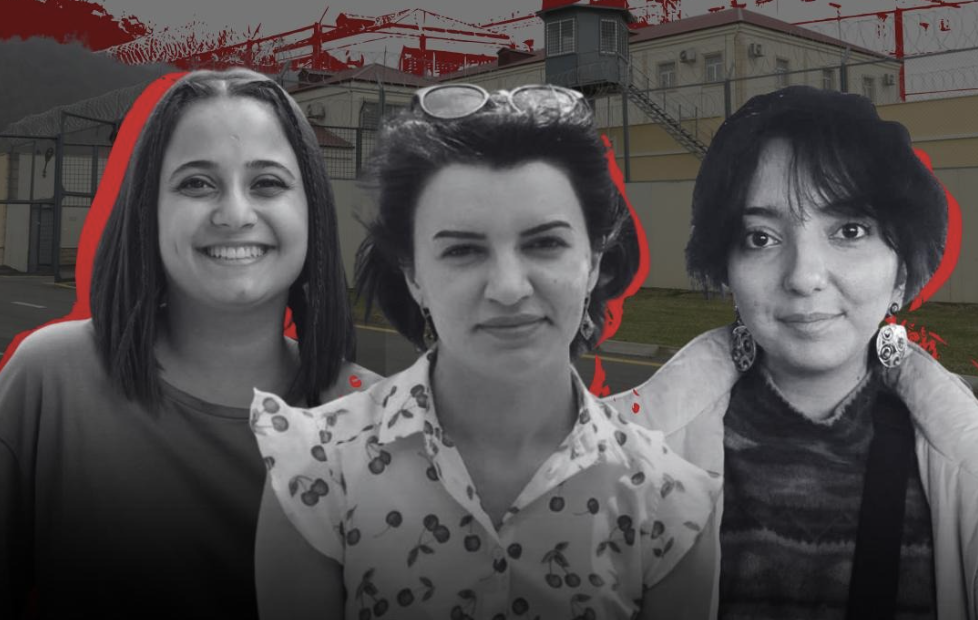According to the audit by the Chamber of Accounts, the Baku City Executive Authority failed to ensure the transfer of nearly 3 million tons of collected waste in the capital to “Təmiz Şəhər” OJSC, increasing the scale of illegal sorting and pollution.
The expenses of the Baku Solid Household Waste Incineration Plant in Balakhani have been three times higher than its revenue. This is stated in the Chamber of Accounts’ 2021-2023 audit on the efficiency of safe waste management.
Over 11 years, the plant's total expenses amounted to 363,271,700 manats, while its revenue was only 120,755,300 manats. The Chamber of Accounts noted that the costs significantly exceeding revenues indicate the project's economic inefficiency.
The Baku Solid Household Waste Incineration Plant was built within the framework of the Comprehensive Action Plan for Improving the Environmental Situation in Azerbaijan, approved by President Ilham Aliyev. The plant's foundation was laid in 2006, and it was inaugurated in December 2012.
This facility has the capacity to generate up to 200 million kWh of electricity annually through the incineration process, which could fully supply 100,000 households with electricity each year.
The Chamber of Accounts found that, during the audit period, 93.9% of the 2.5 million tons of safe waste received by “Təmiz Şəhər” OJSC for disposal was either incinerated or buried, while only 6.1% was sent for sorting.
On average, revenue from sorting one ton of safe waste at “Təmiz Şəhər” OJSC amounted to 55.9 manats, while revenue from incineration was 21.7 manats per ton.
Economist Rovshan Agayev, analyzing the audit, wrote on Facebook that the Chamber of Accounts should have used broader efficiency indicators, such as the waste recycling rate.
"The utilization coefficient of the plant's production capacity does not indicate what proportion of waste undergoes recycling. However, this is one of the most important efficiency indicators for solid waste processing facilities. The average recycling rate in the European Union is 35%, in Germany 50%, and in Turkey 15%," the economist emphasized.
Agayev also stated that separate figures should be clarified for the volume of waste converted into energy through incineration. He noted that burial methods and incineration without energy conversion contribute to increased carbon emissions and are considered more environmentally harmful approaches.
The audit also revealed that, excluding the Garadagh district, the waste transferred to “Təmiz Şəhər” OJSC by Baku's 11 district housing and utility service associations accounted for only 42.5% of the total household waste collected in the capital.
As a result, the Baku City Executive Authority failed to ensure the transfer of nearly 3 million tons of waste to “Təmiz Şəhər” OJSC, leading to a rise in illegal sorting and environmental pollution.

 Photo: Baku Solid Waste Incineration Plant
Photo: Baku Solid Waste Incineration Plant





